
Rural Youth Scholarships via Forum Synergies Open
An exciting opportunity for young people to get involved with interesting, innovative sustainable rural development initiatives around Europe has come up. […]

An exciting opportunity for young people to get involved with interesting, innovative sustainable rural development initiatives around Europe has come up. […]
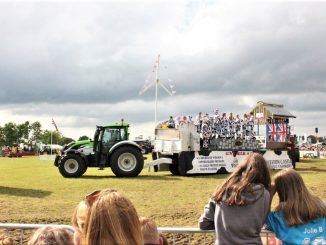
Some countries in Europe do a better job at bringing younger people into farming. So what techniques work – and don’t work – in an aging industry? With Hans Wetzels. […]
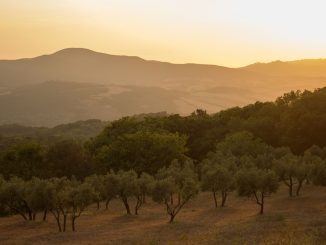
Right-wing populism has gained high levels of support among rural population in Europe. How could this happen and what are the solutions? Natalia Mamonova, of the Emancipatory Rural Politics Initiative, explains the causes of populism in the European countryside and shares some ideas on potential resistance and the building of alternatives to the regressive nationalist politics. […]
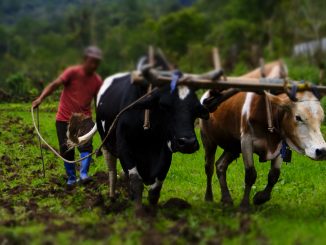
The Kingdom of Bhutan is best known for its high national happiness levels, gorgeous Buddhist monasteries, untouched forests and nature protection areas. Lesser known is that fifteen years ago, the small country in the Himalayan Mountains pledged a shift to total organic food production. ARC2020’s Hannes Lorenzen reports on the innovative entrepreneurs spearheading this transition. […]

The dynamics of small and large scale farms in post-Soviet countries is fascinating. Natalia Mamonova unpacks some of the complexities and intracties in this interview. […]
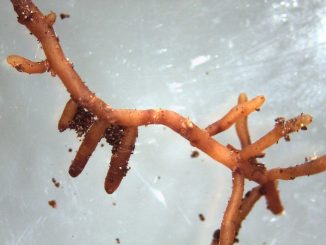
Stuart Meikle takes us back to the future, to the poorly named green revolution aka the origins of industrial farming, to the humus farming of just before that, and up to today with the huge challenges farming faces. Agtechtakeback: Tech Revolutions, Retro-Innovations and Humus Farming. […]
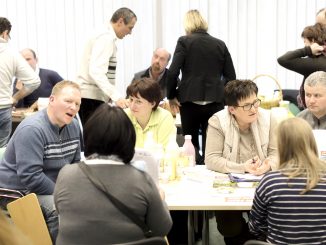
Living Labs are to bridge the gap between academia and ‘real-world’ practice. They are meant to provide space for exchanges, and to facilitate the creative cooperation between a diverse group of actors seeking solutions to the challenges of a particular locality, solutions “that work”. […]

“We find great hope in the responses ecological grief is likely to invoke”. How – and where – do the authors find this hope, in what may be an entirely new geological era – the Anthropocene? […]
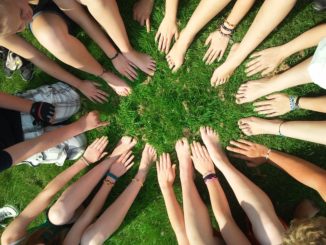
Through the co-operative, Values-Based Supply Chain model, family farms can increase revenue, resulting in enhanced viability, sustainability and resilience. This in turn can help to preserve the pivotal contribution of family farms to rural economy, society and environment. […]
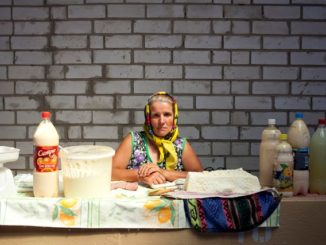
Over the last few years, Ukraine went through dramatic political, socio-economic and cultural changes. Dr. Natalia Mamonova investigates how the rising Ukrainian national identity and patriotic sentiments during the geopolitical conflict with Russia changed the ways in which Ukrainian smallholders see their household farming. The revealed transformation may lead to an emergence of a food sovereignty movement in Ukraine. […]
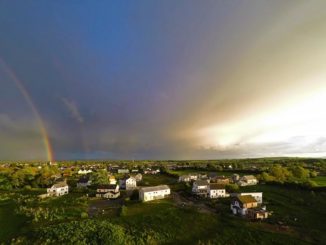
An exciting happening in rural Ireland, which ARC2020 is very happy to be involved with, is on 26th and 27th May. This event focuses on – and celebrates – the may ways people can come together to make rural spaces better through food and farming. […]
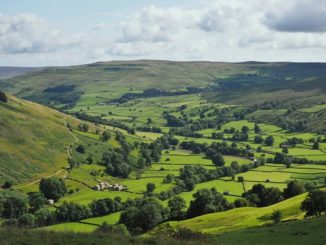
The Yorkshire Dales is an upland area of Yorkshire, Northern England. Agriculture has been an integral part of the area’s culture and economy for thousands of years. A hill farm agricultural system is upheld here, with sheep as the primary livestock, although many have diversified into mixed beef systems, and dairy operations in the lower valleys. How has CAP – and its changes over time – impacted on this place and its people? […]

Agricultural knowledge systems, particularly formal knowledge institutes, and agricultural policy makers still need to increase their
acknowledgement of the value of local farmer knowledge. The more recent emergence of multi-actor knowledge networks and closer collaboration between formal knowledge institutes and farmers indicates the development of more participatory, inclusive and comprehensive knowledge and learning processes. […]

“resilience strategies can only be fully judged when we make clear and explicit our values, the specific qualities we wish to preserve, and the price we are willing to pay in the long run.” […]
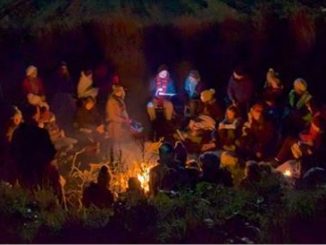
As part of our rural sociology RETHINK Modernisation series, we present an article on prosperity. What does it mean in the rural context? Is it about income, or is there more to it than that? […]
Agricultural and Rural Convention